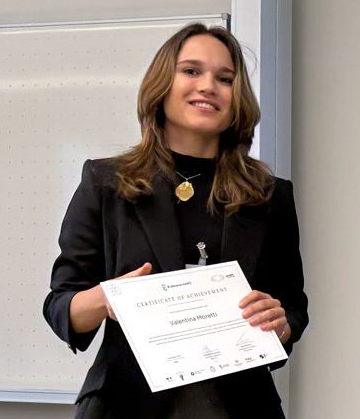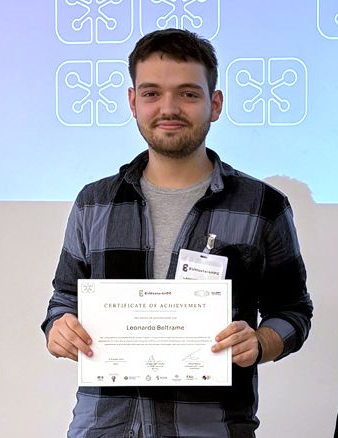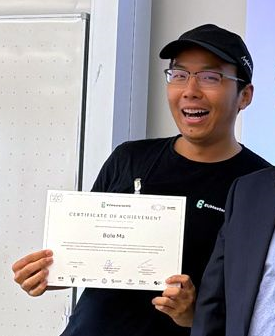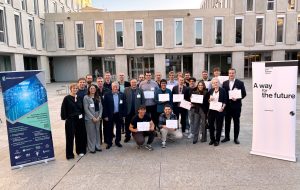In a landmark moment for Europe’s high-performance computing (HPC) landscape, the European Master For High Performance Computing (EUMaster4HPC) consortium celebrated the graduation of its inaugural cohort of 18 students at the Università della Svizzera italiana (USI) on 11 October 2024. This achievement represents a significant step forward for Europe’s digital innovation capabilities as the continent seeks to secure its competitive edge in this critical field.
The graduates completed a demanding two-year programme funded by The European High Performance Computing Joint Undertaking (EuroHPC JU), with a €7 million budget. Coordinated by the University of Luxembourg, the EUMaster4HPC project is Europe’s first pan-European Master’s degree dedicated to HPC, involving eight prestigious universities and over 100 partners across 23 EuroHPC countries. Importantly, the students had access to EuroHPC’s state-of-the-art supercomputing infrastructure, enabling them to work directly with some of the world’s most powerful computing systems. This hands-on experience significantly enhanced their educational journey, allowing them to apply theoretical knowledge to real-world challenges.
‟ This programme broadened my typical Master’s experience. I met experts in the field, applied my knowledge in challenges and hackathons, and built a large network of contacts. I’m now set to pursue a PhD with a well-known graph machine learning group.”

Graduate of the first cohort EUMaster4HPC
Throughout the programme, students were immersed in cutting-edge HPC technologies, developing expertise in system architecture, algorithm optimisation, and performance analysis. The programme’s emphasis on practical applications was further reinforced through internships, workshops, summer school, and collaborations with leading industry partners. Each student studied at multiple institutions, gaining exposure to diverse research and work environments across Europe.
As these pioneering graduates step into their careers, they are poised to make significant contributions to both academia and industry. The hands-on experience, international mobility, and collaborative opportunities offered by the EUMaster4HPC programme, along with access to EuroHPC supercomputers, have prepared them to tackle complex computational challenges across various sectors.
‟ I have improved both my professional skills and my understanding of different working cultures. I am currently at the European Organization for Nuclear Research (CERN) in Geneva, as a technical student, where I am learning at the intersection of scientific research and high-performance computing. I plan to explore whether a PhD is the right path for me.”

Graduate of the first cohort EUMaster4HPC
The successful graduation of this first cohort not only showcases the impact of the programme but also marks a new chapter in Europe’s efforts to build a robust HPC ecosystem. With skilled professionals like these graduates, Europe is increasingly well-positioned to make strides in scientific discovery, industrial innovation, and digital sovereignty.
As the programme continues to shape Europe’s future in high-performance computing, a new generation of students is already following in the footsteps of these pioneering graduates. The local Master’s in HPC is gaining popularity, with around 20 students from the second cohort of the EUMaster4HPC programme now enrolled at the University of Luxembourg for their first or second year of study. These students will be part of the next group of graduates, poised to contribute to Europe’s digital innovation and HPC ecosystem.
‟ Being part of the first cohort has been a challenging but enriching experience. I worked closely with the Erlangen National High Performance Computing Center (NHR@FAU), gaining hands-on experience managing real HPC systems. I plan to continue my research with a PhD, aiming to foster collaboration between HPC research across countries.”

Graduate of the first cohort EUMaster4HPC
